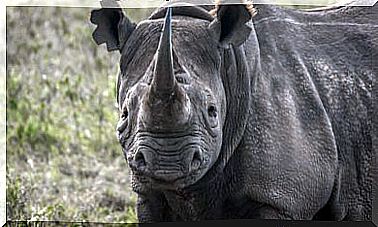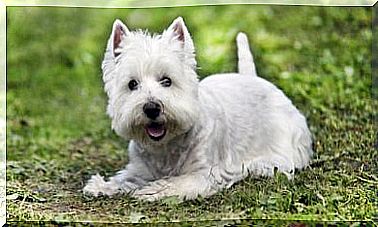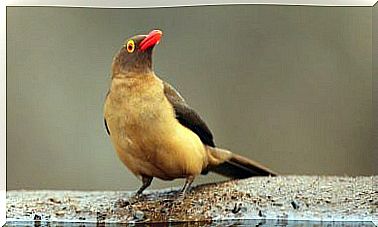What Did The Netherlands Do To Be The First Country Without Stray Animals?
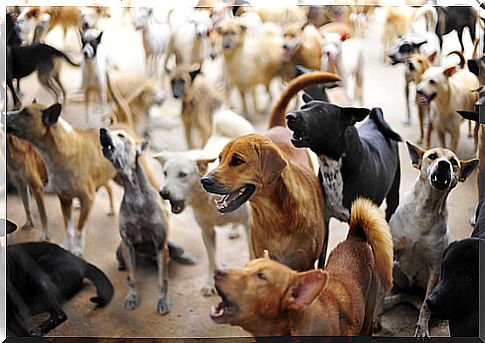
Can you imagine a world without stray animals? It seems utopian, but not impossible. However, it will not be easy to achieve this. More considering that a good part of humanity, especially children, lives in subhuman conditions, and many of them on the streets. Faced with this bleak outlook, what can homeless dogs expect, right? But there are always exceptions. And today we can say that Holland is the first country without abandoned furry.
An achievement achieved without the sacrifice of abandoned dogs
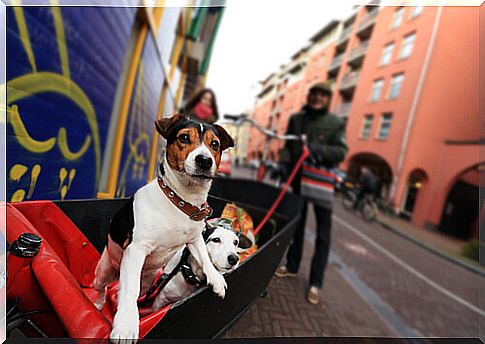
But what did the Netherlands do to avoid having stray animals? The first thing to clarify is that he achieved this goal without sacrifices and without kennels.
And then let’s clarify that we are referring to a small country, with 17 million inhabitants, with good economic conditions, with a high quality of life and with advanced policies in terms of individual freedom and environmental issues.
And it is that if you have a good part of your life resolved, it is not so strange to think that you can also take care of animal welfare. But it was not always like that, obviously, as we will see later.
Learn about the measures taken by the Netherlands to avoid having stray animals
As with other issues, the Netherlands also took the lead in protecting animal rights. And for this, a joint work was carried out between the authorities and the people. For instance:
- Laws were toughened. Abusing an animal or abandoning it has a fine that exceeds 16 thousand euros and a prison sentence of up to 3 years.
- Educational and awareness campaigns were organized, aimed at pointing out that the mistreatment of animals is as serious as that which can be inflicted on people.
- Massive sterilizations and free s pet.
- High taxes on the purchase of purebred animals, to encourage the adoption of abandoned furry.
As you will see, most of these measures have been taken in many places where the problem of abandonment and animal abuse remains unsolved. That is why we emphasized that the living conditions enjoyed by the Netherlands contributed a lot to the success of its policies on the subject.
Dutch and dogs, a little history
But that Holland does not have abandoned animals, does not mean that its history has always been happy in this regard. An investigation carried out by ‘Hondenbescherming’, the Dutch Agency for Canine Protection, together with other organizations, reveals how it was the way to reach this good present.
At the beginning of the 19th century, it is estimated that almost every Dutch household had dogs. The upper classes, as a status symbol, owned purebred animals as pets or for sports. The lower strata, meanwhile, had mixed-breed dogs, which they used as guardians and for work.
And also, of course, there were many dogs on the streets, abandoned after they were no longer useful to their owners. As the stray dog population increased, rabies became a serious problem. This led to a large amount of abandoned animal culling. And, in addition, standards were established for the use of leashes and muzzles.
Holland and its long road to becoming a country without dogs on the streets
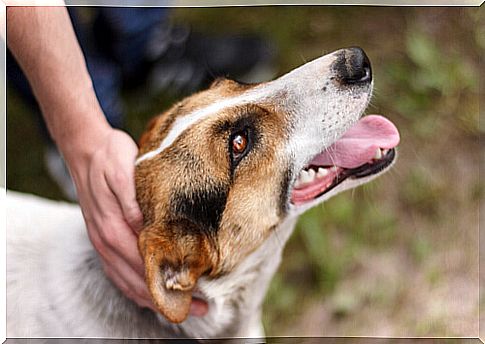
But despite the outbreaks of rabies, the slaughter of stray animals remained commonplace. And on top of that, some unfortunate measures were taken, like creating taxes on dog ownership. The decision generated an increase in the number of animals abandoned by those owners who could not or did not want to pay this tax.
In 1864 the first animal protection agency was created. In 1877 the first canine asylum was opened. The first penalties for animal abuse, meanwhile, date back to 1866. In those times, dogs were used, above all, to pull carts. However, it was not until 1962 that the use of dogs for this activity was completely abolished.
A lot of water under the bridge has passed since then. At the end of the last century, a law on Animal Health and Welfare was passed, which became a fundamental factor in making Holland a country without stray animals today.
